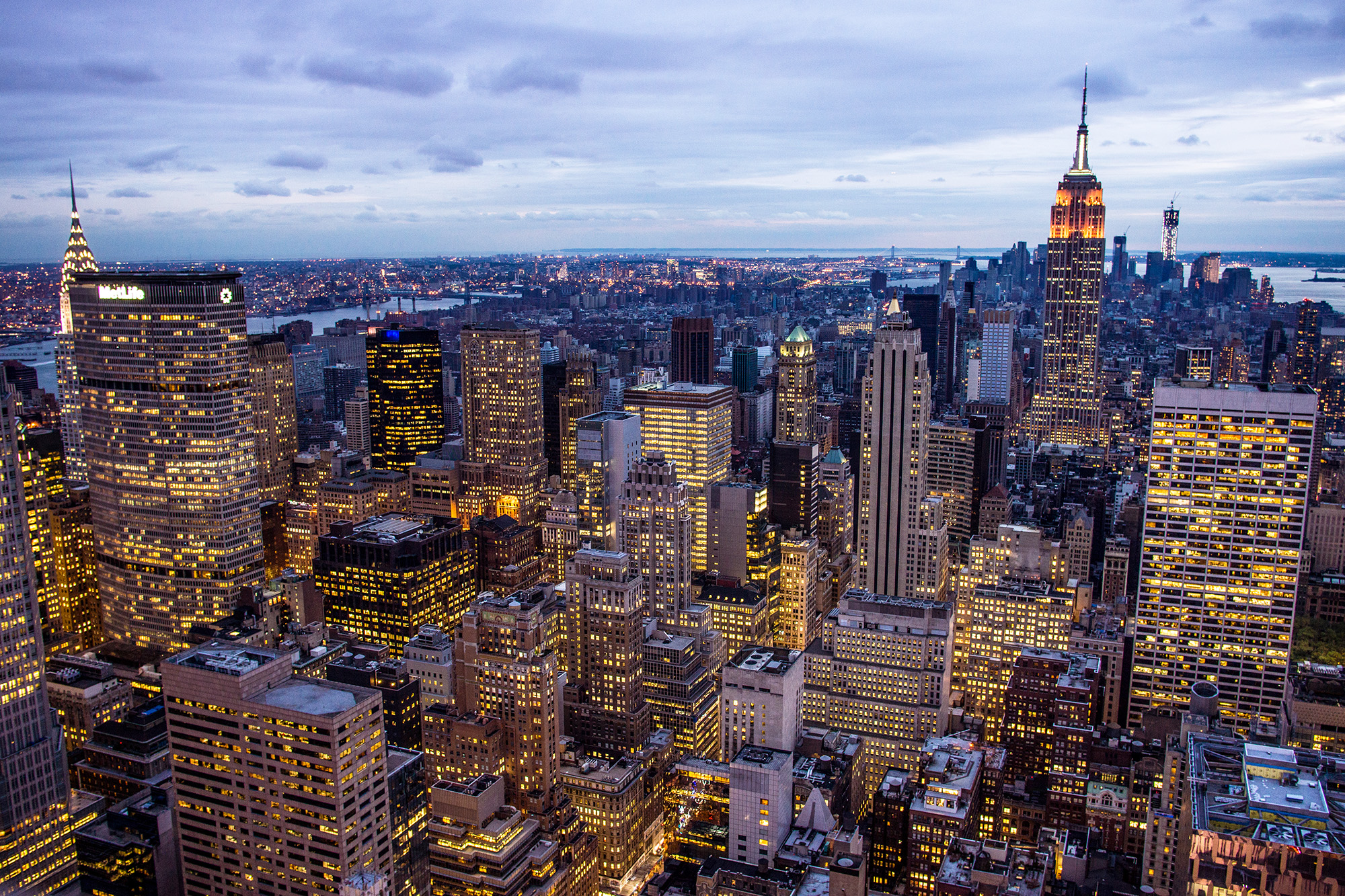Why the world needs more city-states
Some of the great developments in human history were incubated in city-states


A free daily email with the biggest news stories of the day – and the best features from TheWeek.com
You are now subscribed
Your newsletter sign-up was successful
If the return of religion is the biggest mega-trend of the 21st century, here's a close competitor: urbanization.
For the first time in the entire history of humanity, more than half of us live in cities, a fact that was much ballyhooed when the threshold was first crossed last year. But the trend continues apace, inviting us to explore more deeply the implications of a development that could be as significant as the invention of agriculture.
Cities have changed how we live, and who we are. They have been the ferment of every cultural revolution, from the invention of philosophy by Socrates on the streets of Athens, through the French Revolution and the Scottish Enlightenment, down to the Arab Spring. Cities are uniquely suited at putting human minds together in new and interesting ways, which is what creates progress and all that other good stuff we love. Cities are the crucibles in which civilization is forged.
The Week
Escape your echo chamber. Get the facts behind the news, plus analysis from multiple perspectives.

Sign up for The Week's Free Newsletters
From our morning news briefing to a weekly Good News Newsletter, get the best of The Week delivered directly to your inbox.
From our morning news briefing to a weekly Good News Newsletter, get the best of The Week delivered directly to your inbox.
Urbanization is therefore one of the most important things going on in the world right now — and we need to do it right.
Most of this urbanization isn't composed of people moving to air-conditioned homes in the Sun Belt. It's about people moving to Lagos and Mumbai and Shenzhen — and too often doing it under highly precarious and insalubrious conditions.
Not only does this present a humanitarian and moral disaster, but an economic and cultural one that hurts the entire world, since it prevents those people from contributing to the fullest of their potential.
One solution to this problem is the reinvigoration of one of the greatest institutions in human history: the city-state.
A free daily email with the biggest news stories of the day – and the best features from TheWeek.com
I have mentioned how important the city is to human flourishing. Well, the city's impact is magnified when the city is also an independent state.
As the French historian Fernand Braudel has shown, globalization began not with the Industrial Revolution or even with Christopher Columbus, but with the soaring trade of the 12th and 13th centuries in the Mediterranean — trade that was famously orchestrated by Italian city-states.
Then there was Florence in the 15th century, when Machiavelli, Raphael, Leonardo da Vinci, and others flourished. The entire Renaissance happened in this small city — which was, of course, a city-state.
The city-state eventually succumbed to the might of a bigger, badder, meaner entity: the Westphalian state. The free cities were more or less absorbed, Borg-like, into bigger nations.
That this has been a tragedy is an understatement. The bigger a political entity is, the less responsive it is to the needs of its citizens; the less responsive it is to the needs of its citizens, the more badly it is run; the more badly it is run, the suckier life gets.
To put it another way: France can get away with a 75 percent top rate on income tax because it is big enough that this policy causes painful decline, but not outright collapse. Not the case with Singapore and Hong Kong, which is why they don't try. A city-state, because it is small, is keenly aware of how it is always competing with other polities for people and capital. It's no coincidence that Singapore and Hong Kong, both city-states, are among the world's most dynamic cities.
There are many ways to get new city-states. One way would be for some cities (New York?) to declare their independence. Another way would be through the great concept of charter cities, promoted by the development economist Paul Romer, whereby states create autonomous Hong Kong-like enclaves within their own borders. Another way would be through privately operated cities. Another way would be through seasteading, building self-sufficient cities in international waters.
There are plenty of ways to go about creating more city-states. Let's hope we do it. And here's to a new Florence, and a new Renaissance.
Pascal-Emmanuel Gobry is a writer and fellow at the Ethics and Public Policy Center. His writing has appeared at Forbes, The Atlantic, First Things, Commentary Magazine, The Daily Beast, The Federalist, Quartz, and other places. He lives in Paris with his beloved wife and daughter.
-
 The environmental cost of GLP-1s
The environmental cost of GLP-1sThe explainer Producing the drugs is a dirty process
-
 Nuuk becomes ground zero for Greenland’s diplomatic straits
Nuuk becomes ground zero for Greenland’s diplomatic straitsIN THE SPOTLIGHT A flurry of new consular activity in Nuuk shows how important Greenland has become to Europeans’ anxiety about American imperialism
-
 ‘This is something that happens all too often’
‘This is something that happens all too often’Instant Opinion Opinion, comment and editorials of the day
